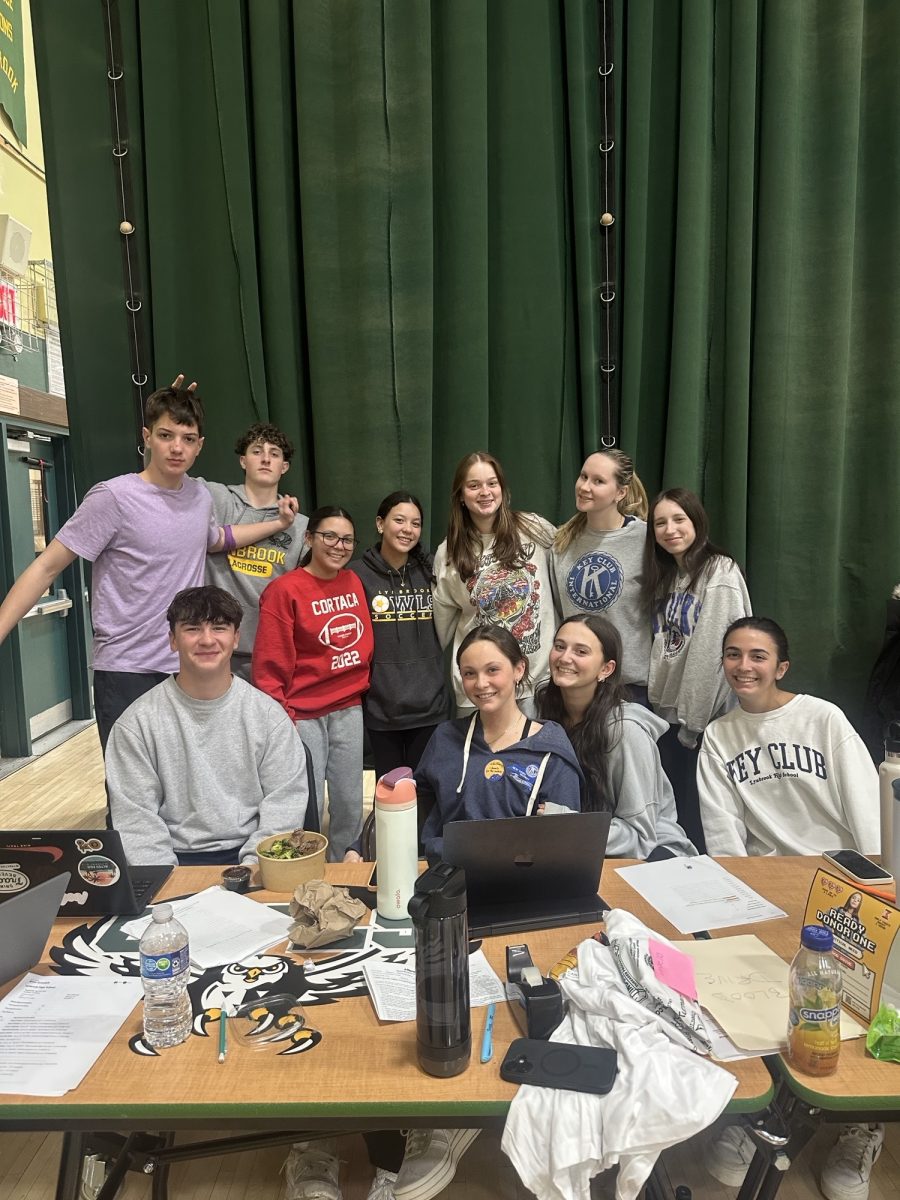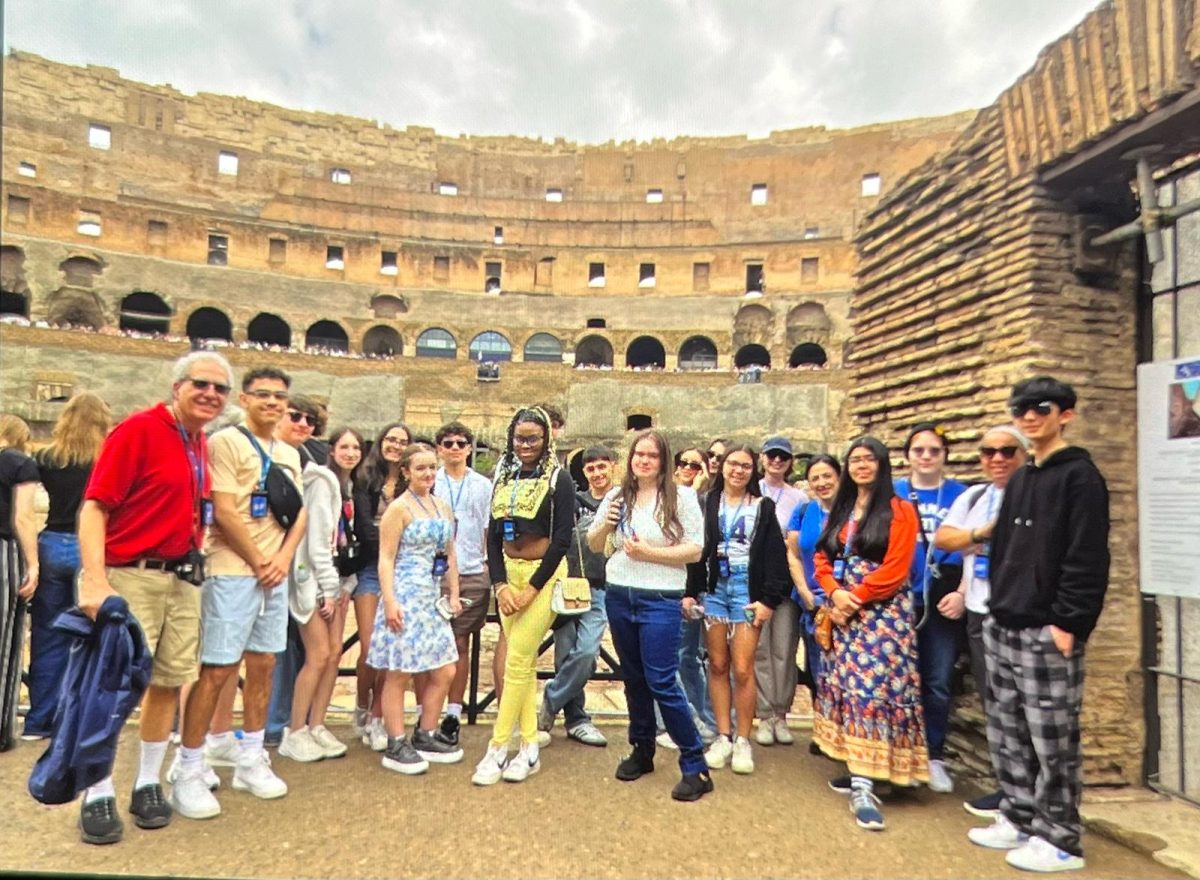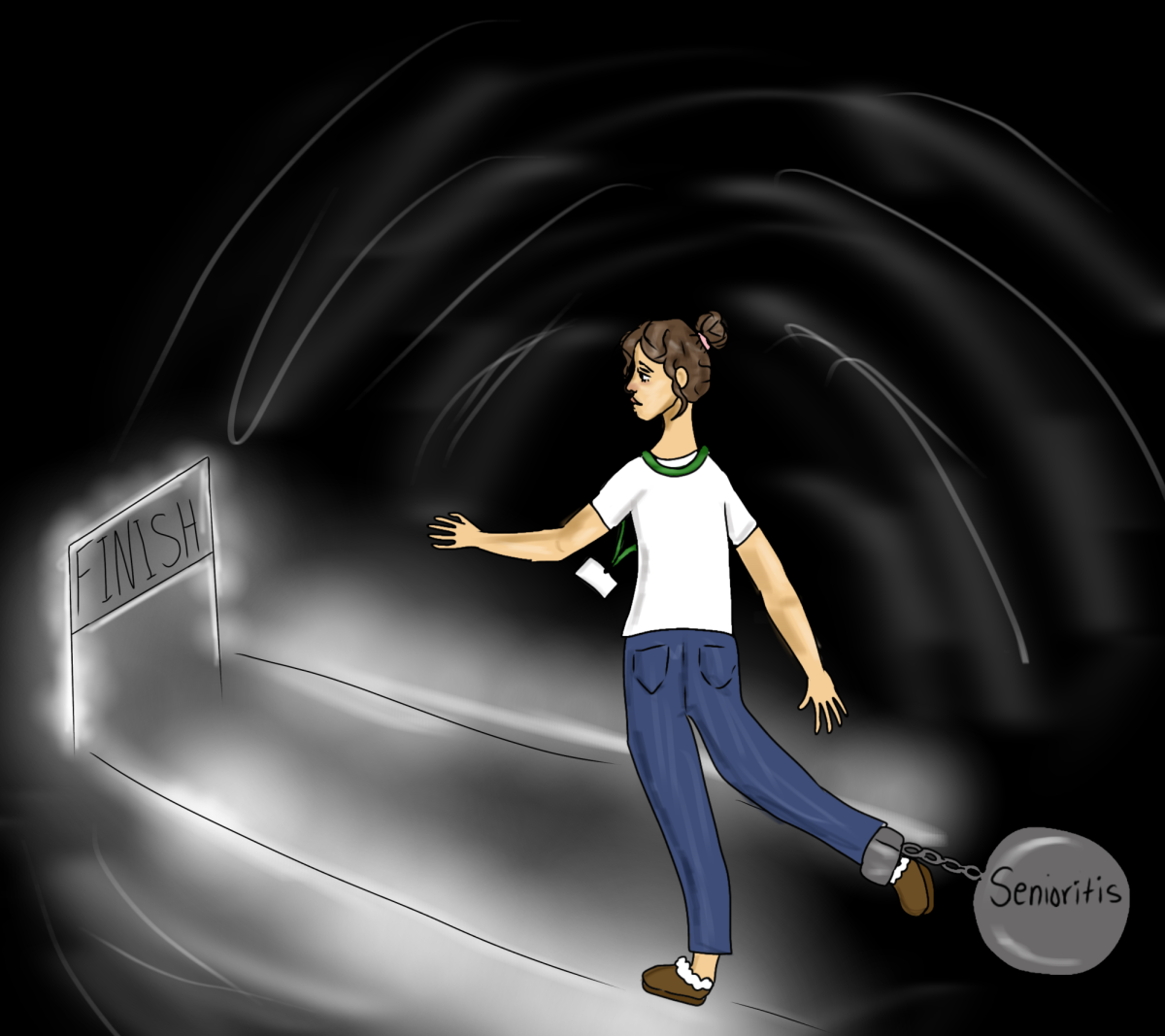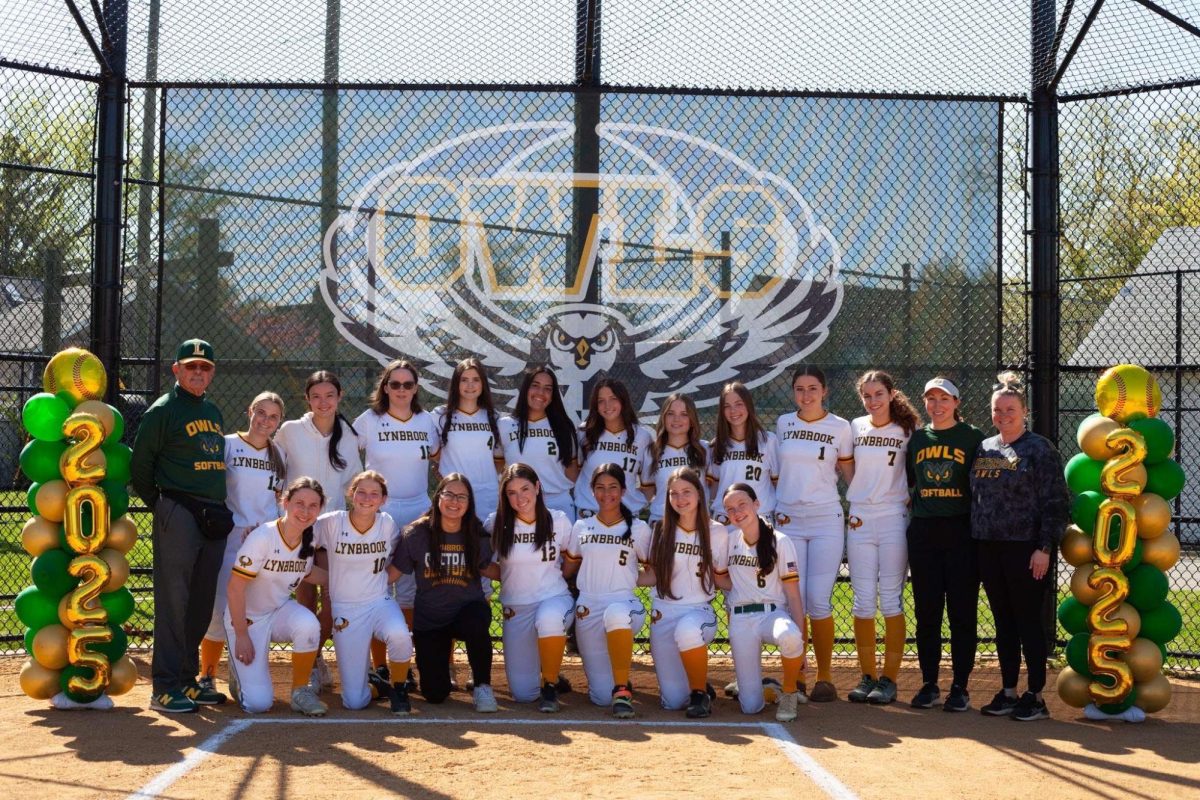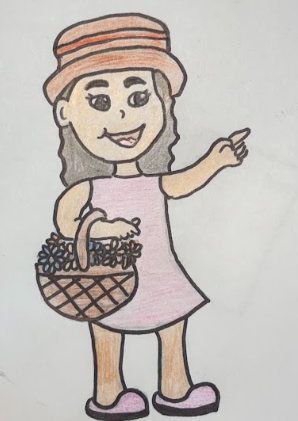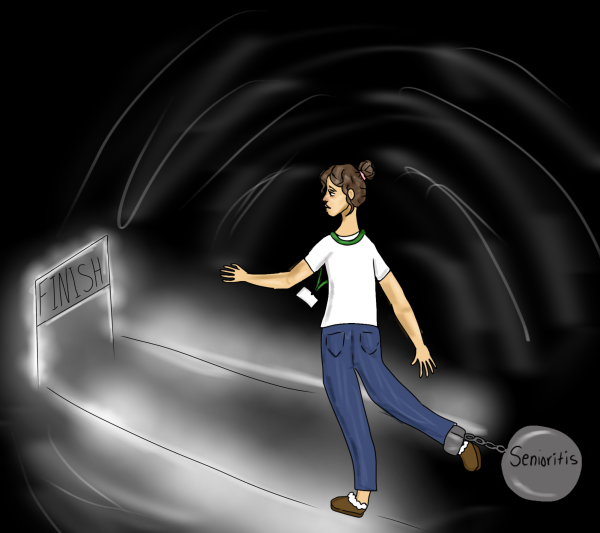The Importance of Zoos
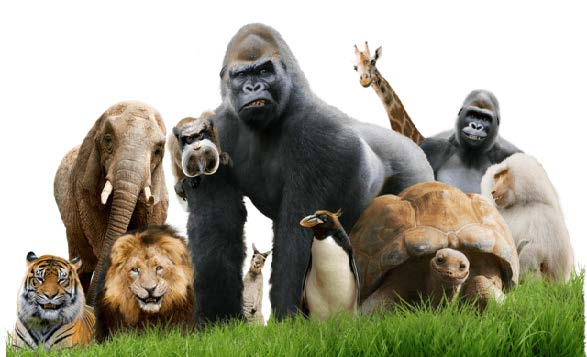
In the modern day, the ethical debate over the state of animal species in zoos has become increasingly prevalent. Beginning in 1825, the first strident voice of critique came from British intellectual Sir Humphrey Davy, citing that the benefits of zoos were too easily overshadowed by public demands, foremost among them entertainment. Concerns among the scientific community quickly grew over the following years, laying the seeds for the works of numerous arguments and studies. Some contemporary thinkers maintain that zoos, as a collective, are entirely inhumane and should be utterly removed from the social landscape. However, it is important to remember, much less recognize, the crucial role these institutions play in the preservation of wildlife and preexisting species. Because of efforts in awareness, environmentalism,, and scientific research, the presence of zoos is essential in the lives of animals.
Education, as with any other aspect of daily life, can have long-reaching effects on the wider world. A great number of people, especially those living in urban communities, would almost never see a wild animal beyond an occasional pigeon, let alone an aardvark or an African leopard. Of course, documentative programs such as Planet Earth and Life capture the spectacle and intimacy of
their encounters, and a multitude of museum exhibits exist, but that pales in comparison to seeing a living and breathing animal. Flesh and blood: no different than us. This way, the general public can truly achieve a greater understanding and appreciation of wildlife, as well as conservation efforts, and the helpful contributions any one person can make.
Conservation, inevitably, is also essential for keeping the number of a species stable. When you hear that animal species all across the globe are approaching extinction more than ever before, it is not an exaggeration. Additionally, the loss of these native populations has been fast and unanticipated, oftentimes recognized only after the fact. Zoos help to protect these animals, providing a so-called “reservoir population” that staves off potential for collapse or extinction by boosting the genetic diversity of a community. Thus, they can experience relative safety from the dangers of human encroachment, among a callous number of methods of poaching and novice hunting. Ultimately, these are the ones given the chance to build a sure foundation as the progenitors of a future generation. Some species are found only in captivity and still more exist in their natural habitats, solely after being reintroduced on the part of zoos; wild populations can even be boosted by the presence of animals bred in captivity. Put simply, without these efforts, there would be even less species present in the modern day.
Finally, researching what remains unknown is one of our greatest tools in restoring that which has been undone. Reasons for the destruction of environments may vary, but the effects of our own involvement rather than through a combination of natural causes seems more likely. In order to better protect animals and restore former ecosystems, knowledge must be gained as to the key pro- cesses that originally allowed them to thrive. The ability to observe animal life within the confines of a controlled environment, a home with less chance of harmful interaction and variable circumstances, is invaluable. This one aspect could inflict real, substantiated change for wild populations, with far less complications for professionals and animals alike to curtail progress. For example, knowing an animal’s behavioral patterns when in search of food, its estrous cycle during mating seasons, or even the toxicity of a crop can make huge differences in survival.
In the grand scale of things, when taking into consideration ongoing global threats, zoos cannot be anything other than what they are: facilities necessary for the longevity of any species, not only in the literal sense of animals’ protection and reproduction, but also in more indirect ways. We need to learn from them so that we may aid those still in the wild and inform those who are not already aware of our most destructive aspects. Granted, there will always be perception of failure, as well as the ability for improvement, but the benefits of zoos are critical to many species, if not just our own. For without them, the world would only be a poorer place.
I am a sophomore contributor to Horizon, a New York resident since 2002, and child of the New Millenium.




